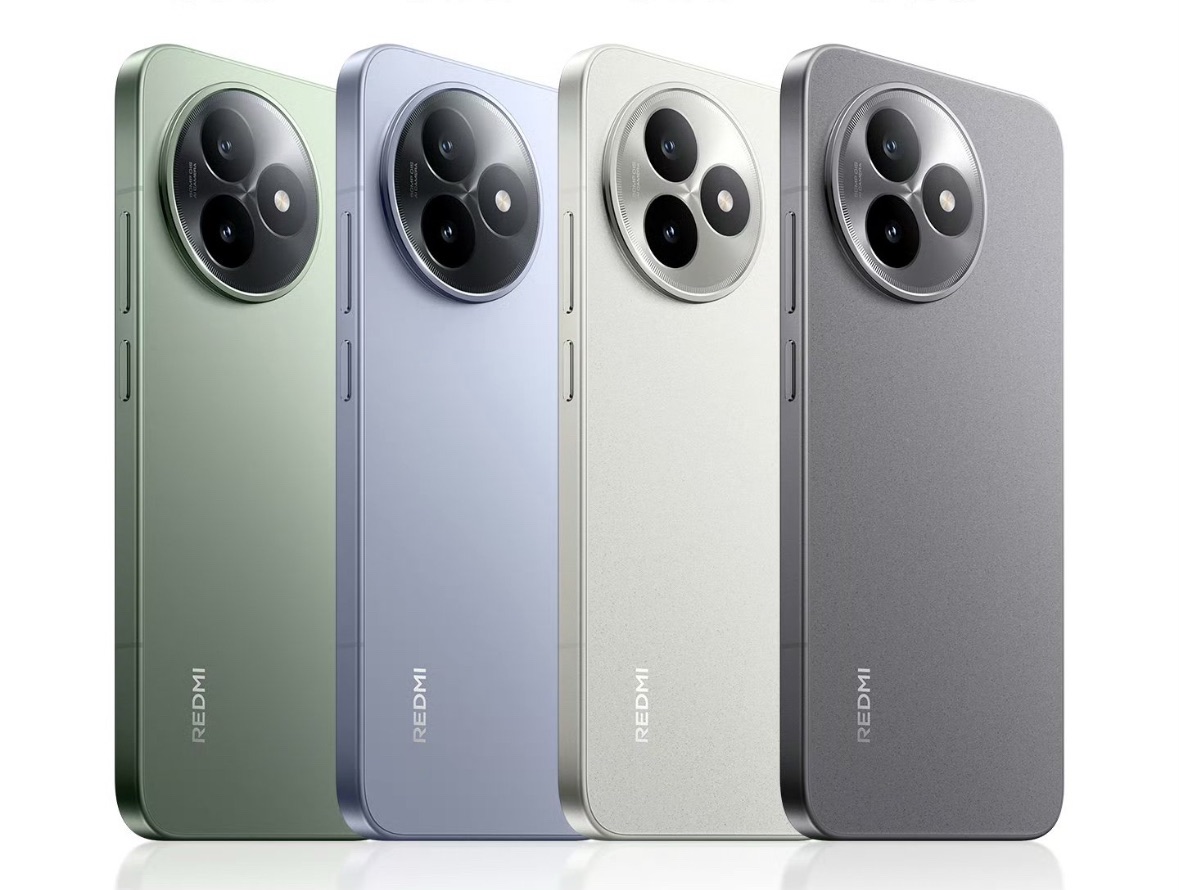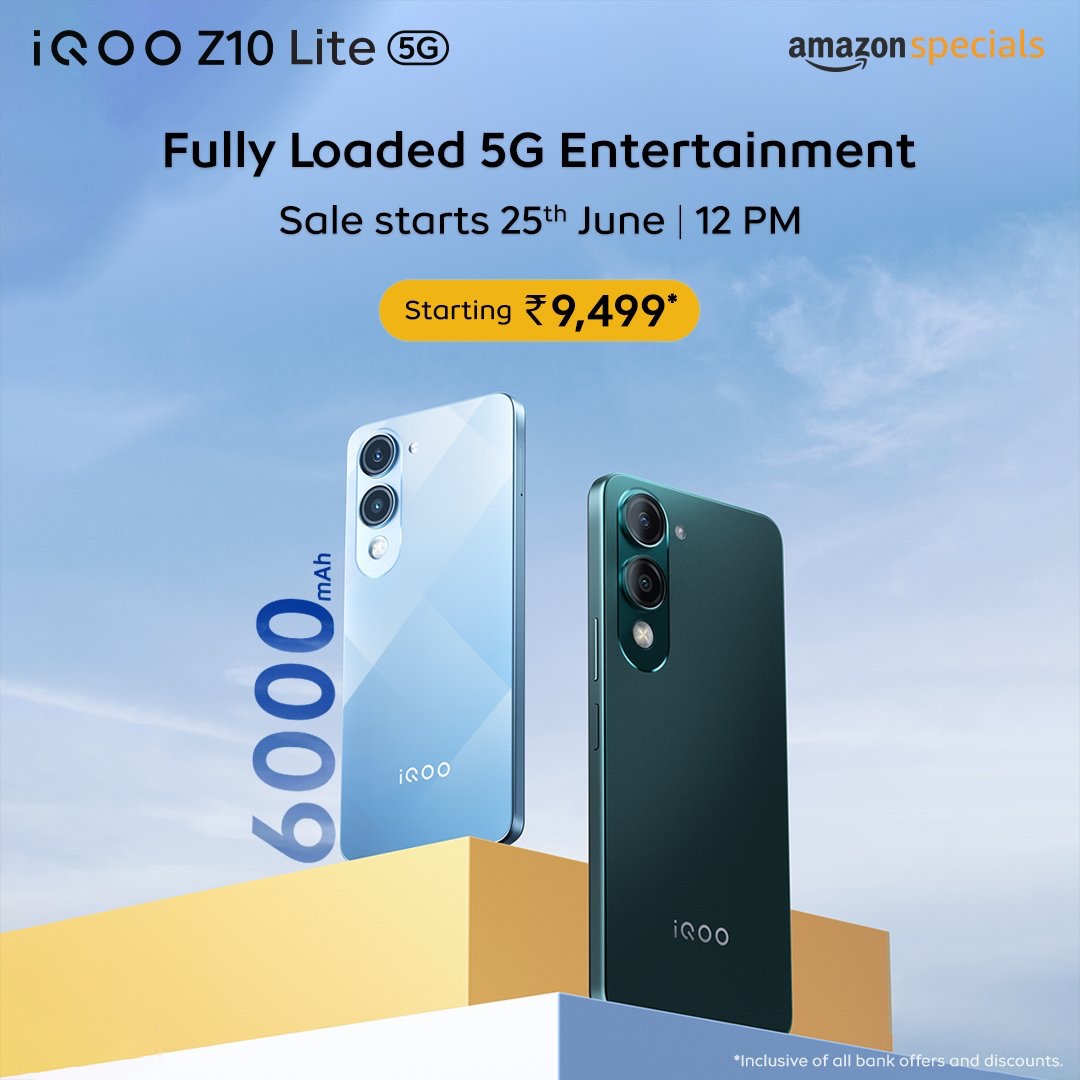With Donald Trump returning to the political stage and reigniting tensions in the U.S.–China trade relationship, Chinese smartphone makers are reportedly preparing for a scenario where they could be cut off from Google’s services—just as Huawei was during Trump’s first term. Back then, U.S. sanctions barred American companies from doing business with Huawei, stripping it of access to the Google Play Store and essential Android services. Now, in anticipation of a similar fate, brands like Xiaomi, Oppo, Vivo, and OnePlus are exploring alternative paths.
- Chery iCAR X3L Square Box SUV declaration chart is announced, using plug-in extended-range power
- The movie “Cat and Mouse: Astrology” is scheduled to be released in mainland China on August 9th
- Probability of publicity does not match the actual situation: Krafton was fined 2.5 million won for false publicity of “PlayerUnknown’s Battlegrounds” – Passionategeekz
- Huawei Zhu Dongdong: Hongmeng Computer will support sideloading in the future, and launch a new form of computer in the second half of the year – Passionategeekz
- New plan to curb methane emissions: sealing cow dung septic tanks, reducing emissions by 80% – Passionategeekz
Huawei has already taken bold steps by building out its own HarmonyOS platform, moving away entirely from Android compatibility. Reports suggest that Xiaomi’s upcoming HyperOS 3 could lay the foundation for a new Google-free operating system shared among other Chinese brands. However, it’s unclear how coordinated this effort is and to what extent Huawei might be involved.
Notably, Huawei has even removed Android app compatibility from HarmonyOS, marking a major departure from its previous reliance on the Android ecosystem. It remains to be seen whether Xiaomi or its peers will adopt similar strategies or if technologies like Huawei’s Ark Compiler and Petal Maps will be shared or integrated into their systems.
According to recent market data, Xiaomi now leads the Chinese smartphone market, followed by Huawei, Oppo, and Vivo. Together, these brands accounted for nearly two-thirds of all smartphone shipments in China during the first quarter of the year. Globally, Xiaomi, Vivo, and Oppo continue to rank among the top five smartphone manufacturers. If these players begin rolling out devices without Google support, the move could significantly disrupt global market dynamics and reshape how Android-based devices are developed and distributed in the future.
Discover more from PassionateGeekz
Subscribe to get the latest posts sent to your email.






